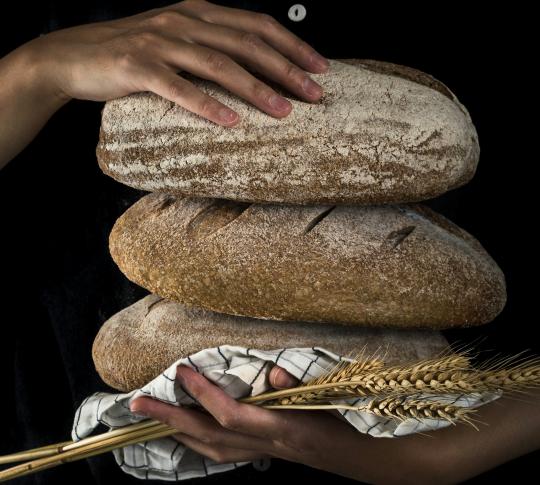
Understanding Gluten
Navigating the Gluten-Free Lifestyle: Understanding Gluten, Its Effects, and Nutritious Alternatives
In recent years, the term "gluten-free" has become a common sight on food labels, restaurant menus, and dietary discussions. But what exactly is gluten, and why does it matter? From understanding the potential problems associated with consuming gluten to exploring alternatives for a nutritious gluten-free diet, let's delve into the world of gluten and how it intersects with our health and nutrition.
What is Gluten?
Gluten is a group of proteins found in certain grains, primarily wheat, barley, and rye. These proteins, gliadin and glutenin, give dough its elasticity and help it rise during baking. While harmless for most people, gluten can trigger adverse reactions in individuals with specific medical conditions or sensitivities.
The Problems with Eating Gluten:
- Celiac Disease: An autoimmune disorder where gluten ingestion leads to damage in the small intestine, causing symptoms like abdominal pain, bloating, diarrhoea, and fatigue.
- Non-Celiac Gluten Sensitivity (NCGS): Characterized by similar symptoms to celiac disease but without the autoimmune response. Symptoms may include gastrointestinal discomfort, headache, fatigue, and joint pain.
- Wheat Allergy: An immune reaction to proteins in wheat, leading to allergic symptoms such as hives, itching, swelling, difficulty breathing, or anaphylaxis.
- Dermatitis Herpetiformis: A skin manifestation of celiac disease characterized by itchy, blistering skin lesions, caused by the immune reaction to gluten.
Understanding the Gluten-Free Diet:
What to Avoid: Individuals following a gluten-free diet should avoid wheat, barley, rye, and any products containing these grains, including bread, pasta, baked goods, beer, and certain processed foods.
Nutritious Alternatives: Fortunately, there are plenty of nutritious gluten-free alternatives available, including quinoa, brown rice, buckwheat, amaranth, millet, and gluten-free oats. These grains can be used in various dishes, from salads and soups to porridge and baking, providing essential nutrients without gluten.
The Human Gut Microbiota:
The gut microbiota, composed of trillions of microorganisms living in our gastrointestinal tract, plays a crucial role in digestion, nutrient absorption, immune function, and overall health. Research suggests that diet, including gluten consumption, can influence the composition and diversity of the gut microbiota. For individuals with gluten-related disorders, maintaining a balanced diet, including fibre-rich fruits and vegetables, lean proteins, and probiotic-rich foods like yogurt and kefir, can support a healthy gut microbiota.
Navigating the gluten-free lifestyle requires understanding the role of gluten in our diets, recognizing potential health problems associated with gluten consumption, and making informed choices about alternative grains and dietary habits. Whether managing celiac disease, gluten sensitivity, or simply opting for a gluten-free diet, prioritizing nutritious, whole foods and supporting gut health can contribute to overall well-being and vitality.
If you would like to book an appointment with Juliana Palade for a consultation for Food Allery Testing or for Nutritional advice click HERE
